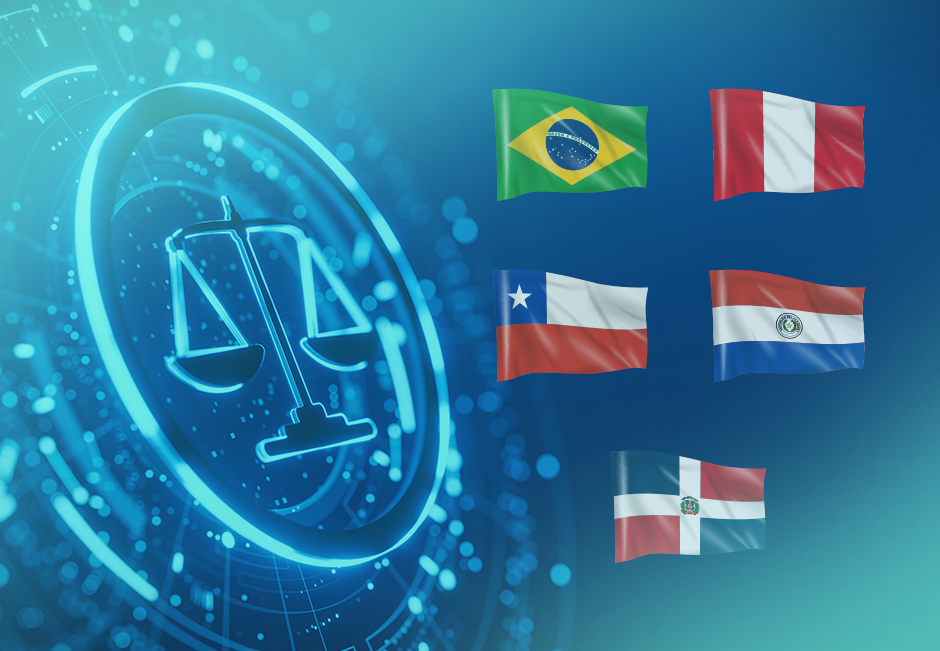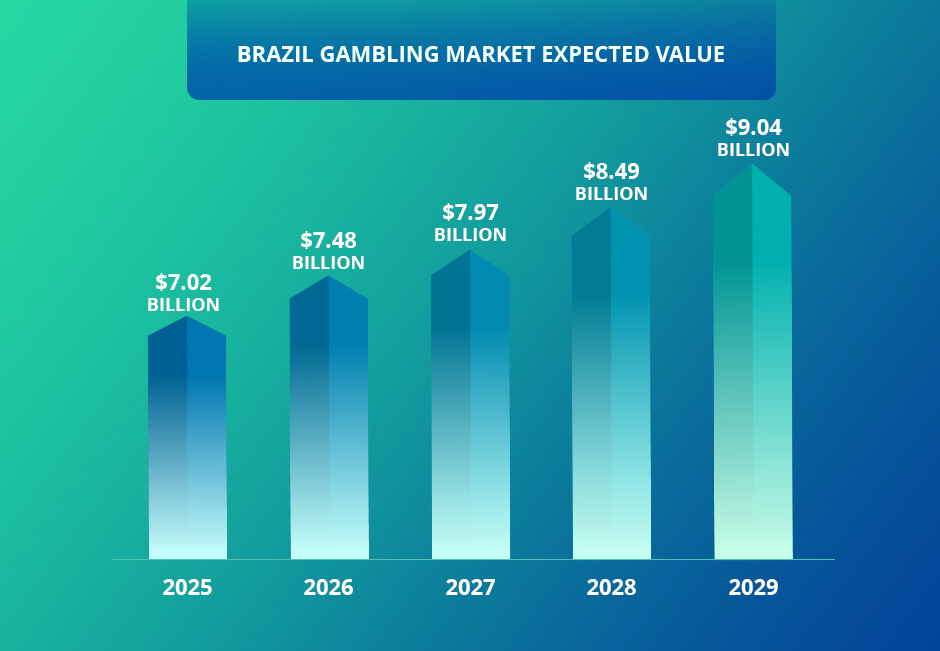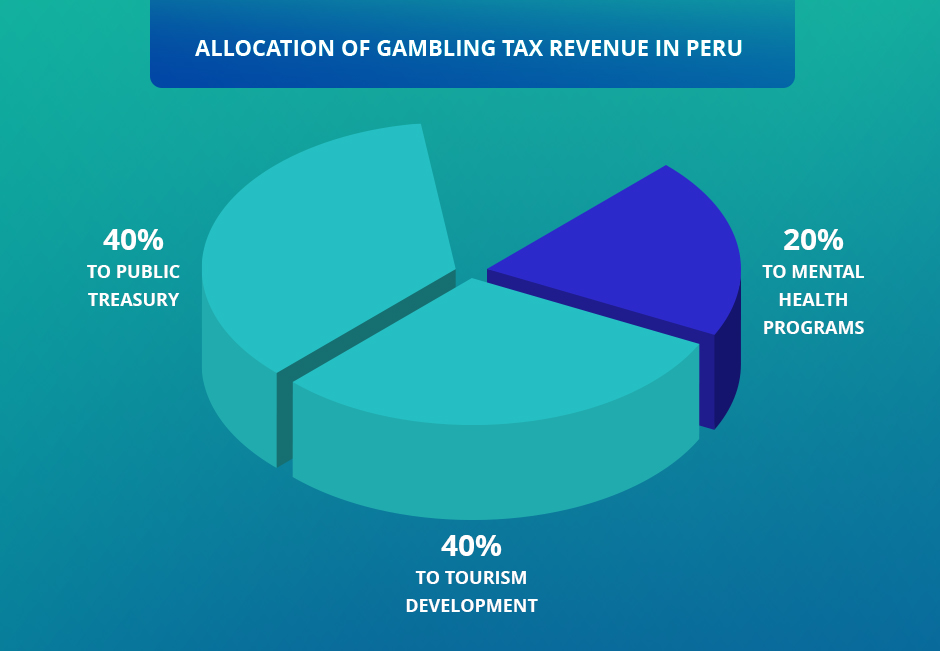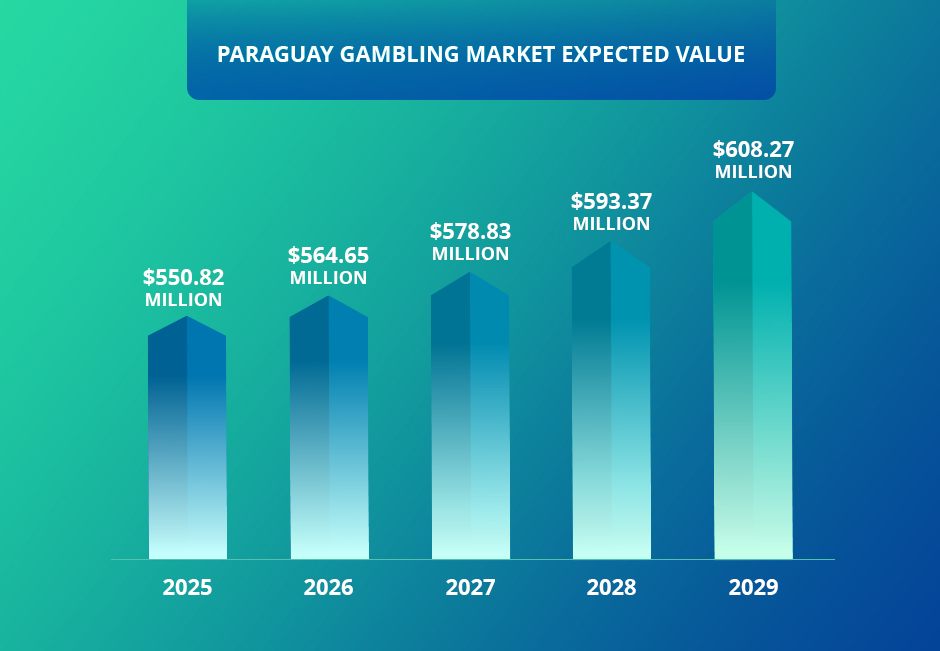
The Changing Face of iGaming Regulation in Latin America in 2025

Latin America’s iGaming sector is undergoing a major transformation. In Brazil, Chile, Peru, Paraguay, and the Dominican Republic, regulatory reforms are reshaping markets.
These countries are moving away from fragmented or monopolistic models. They are embracing transparent, competitive, and responsible frameworks. In turn, they are unlocking billions in potential growth and setting new standards for player safety.
In these case studies, we’ll shine the spotlight on the five countries leading the way in regulatory reforms in LATAM. We’ll examine how these developments boost player protection and tax revenue.
Brazil: The Region’s Largest Regulated Market
Brazil’s regulated online gambling market officially launched on January 1, 2025, following the enforcement of Law No. 14,790/2023. It established the Secretariat of Prizes and Bets (SPA) to regulate online casino and sports betting operations.
The framework prioritizes player safety, fraud prevention, and sustainable industry development. It positions Brazil as a regional benchmark.
Key regulatory features:
- Licensing: Only licensed operators may provide iGaming services. The licensing fee is R$30 million (approx. $5.4 million), and permits are valid for 5 years.
- Taxation: Initial taxation was set at 12% of Gross Gaming Revenue (GGR). On June 9, 2025, the government introduced a Provisional Measure raising the GGR tax to 18% effective October 2025, citing public revenue needs. Players pay a 15% tax on winnings above R$2,824 ($547).
- Compliance: Strict requirements for financial transparency, responsible gambling, and data privacy.
- Advertising: Heavily regulated to prevent targeting minors and vulnerable groups.
- Local Partnerships: International operators must partner with Brazilian firms, maintaining local participation.
Additional regulations have also shaped the market in 2025. Ordinance No. 36, issued on April 17, 2025, expanded the sports on which fixed-odds betting is permitted. It legalized esports betting and banned exclusivity deals between operators and game studios. This approach promotes fair competition.
Financial oversight intensified through Ordinance No. 566, enacted on March 21, 2025. It requires banks and payment providers to block transactions for unlicensed platforms.
Brazil has a population of over 200 million and internet penetration exceeding 86%. These factors help explain why Brazil is projected to reach a $9.04 billion market value by 2029.

Chile: Regulated Online Gambling is Coming – But Not Just Yet
Unlike Brazil, Chile’s online gambling regulation remains in limbo. While the Chamber of Deputies approved a bill to regulate online sports betting and gaming in December 2023, It’s stuck in the Senate.
Proposed regulatory structure:
- Licensing: Five-year, renewable licenses for online casinos and sports betting. Operators would pay a general license fee of CLP64.2 million ($74,189) per platform.
- Taxation: 20% GGR tax, plus 2% of annual gross income to be allocated to the National Sports Federation.
- Oversight: The Superintendencia de Casinos de Juego (SCJ) will regulate the sector.
- Responsible gambling: The bill proposes a National Policy on Responsible Gambling. Operators must allocate 1% of revenues to responsible gambling initiatives.
- Advertising: Only responsible advertisements from legal operators must be broadcast.
Strong opposition from monopoly operators has stalled Senate approval. Debates about online gambling legislation have also focused on taxation rates and enforcement issues. The bill’s “urgent” status has been removed by the government. The lack of political will has slowed the bill’s progress to a crawl.
The president of Chile’s leading operator association has expressed her frustration at the slow progress. However, she hopes that 2025 could be the year regulated iGaming is approved in the country.
“A realistic timeline, considering Chile’s legislative pace, would be for the bill to pass sometime in 2025, but only if there is political will and the process is prioritized.”
Cecilia Valdés President of the Asociación Chilena de Casinos y Juego (ACCJ)
Chile’s digital infrastructure is solid, with 90.2% internet access and a population of 19.62 million. The pending bill would provide consumer protection and generate taxes. It would also bring clarity to a market currently operating in a legal vacuum.
Peru: Digital Licensing and Tax Revenue Growth
Peru enacted Law No. 31557 in February 2024. It established a comprehensive framework for online gaming and sports betting. The Ministry of Foreign Trade and Tourism (MINCETUR) oversees licensing and compliance. This makes Peru one of the few South American countries with a single nationwide regulatory regime.
Key Regulatory Elements:
- Licensing: Mandatory for all operators and their B2B partners, with local representation required.
- Taxation: Operators pay a 12% tax on net income. In addition, Peruvians pay a 1% consumption tax on bets (temporarily reduced to 0.3% until July 2025).
- Player Protection: Age verification, self-exclusion, and responsible gaming policies are enforced.
- Enforcement: Crackdown on illegal operators, with website blocking and fines.
Peru operates a digital licensing system. It has approved 60 technology platforms and 280 providers since February 2024. The market is worth S/3.8 billion ($2.3 billion).
The framework has led to significant tax revenue growth, with annual projections reaching S/162 million ($97 million). Tax revenue is allocated through a transparent formula. 40% goes to the public treasury, 40% to tourism development, and 20% to mental health programs.

Peru’s strict regulatory system includes severe penalties for operating a gambling site without a license. These include fines of up to S/990,000 ($60,000) and up to 4 years in jail. MINCETUR proactively blocks access to unauthorized sites and payment services linked with black market operators.
The enforcement division is the General Directorate of Casino Games and Slot Machines (DGJCMT). It has reduced the presence of unlicensed platforms by 40%.
The government has implemented safer gambling initiatives. These include awareness campaigns in schools and industry training programs. Collaborations with gaming associations focus on protecting vulnerable people and fostering a safe gaming environment.
Paraguay: Transparency and Competition Replace Monopoly
Paraguay’s Law No. 7348/2025, enacted May 2025, ended the longstanding gambling monopoly. It allows private operators to apply for a license to offer games of chance. The new laws aim to create a more transparent and efficient regulatory framework.
The National Gaming Commission (Conajzar), under the National Directorate of Tax Revenue (DNIT), regulates the sector. It issues licenses, implements regulations, and ensures compliance is enforced. Conajzar will also prioritize player protection.
Highlights of the gambling reform:
- Market opening: Private domestic and international operators can now enter via competitive bidding.
- Transparency: Enhanced fiscal control and clear rules for the issue of licenses.
- Tax simplification: Streamlined processes and increased tax revenues.
- Player protection: Stronger enforcement against illegal gambling and greater regulatory oversight.
Tax contributions from state-monopolized gambling reached PYG175.8 billion ($22 million) in 2024. Officials hope to dramatically boost tax revenue through the new gambling reforms.
“The estimate made is that this [PYG175.8 billion gambling tax revenue in 2024] will double and could even far exceed these estimates.”
Carlos Liseras Conajzar President
Paraguay’s reforms are expected to boost competition and attract investment. They could serve as a model for regional modernization. Total market revenue is projected to reach $550.82 million in 2025. By 2029, the figure is estimated to reach $608.27 million.

Dominican Republic: New National Regulator to Reframe Industry
In March 2024, the Dominican Republic’s Resolution 136-2024 established a dedicated online gambling framework. It was recently supplemented by a June 2025 bill to create a new industry regulator.
The General Directorate of Games of Chance (DGJA) would take over from the Directorate of Casinos and Gambling (DCJA). The existing regulator was involved in several controversies. The new bill aims to draw a line under those credibility issues, while strengthening oversight of the country’s gambling market.
Key provisions:
- Licensing: New licenses for different verticals with varying fees. Licenses are available for online casinos ($346,000), sports betting ($260,000), and other games ($170,000). They are valid for five years and non-transferable for the first three.
- Taxation: The latest bill proposes a 10% Gross Gaming Revenue tax. Alternatively, online operators could pay a flat monthly fee of RD$5 million ($83K).
- Player protection: Strengthened AML controls, consumer protections, and responsible gambling mandates.
- DGJA oversight: The new regulator will oversee licensing, compliance, and real-time betting supervision.
This overhaul is designed to attract new operators, increase state revenues, and ensure player safety. The proposals aim to modernize the country’s gambling framework and restore trust in the industry.
Conclusion: A Region on the Rise
Latin America is rapidly transforming its iGaming landscape through modern, transparent regulation. Brazil, Peru, and Paraguay have already implemented clear regulatory frameworks. Chile and the Dominican Republic are making progress toward similar reforms. The shift promises safer markets and higher revenues.
These reforms signal more than market growth. They reflect a regional commitment to safer gambling and regulatory integrity. As enforcement tightens, Latin America is emerging as a global example of how to build a secure, competitive iGaming industry.

